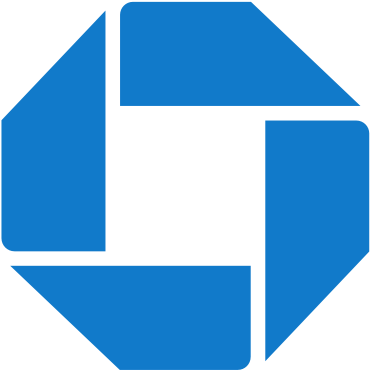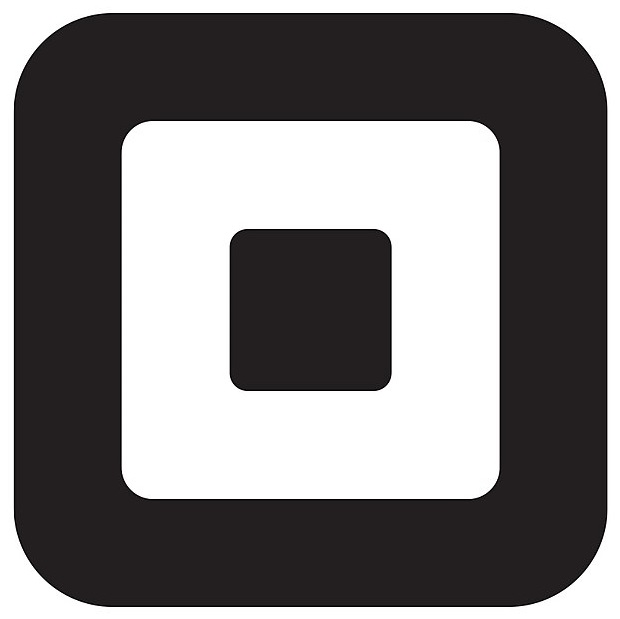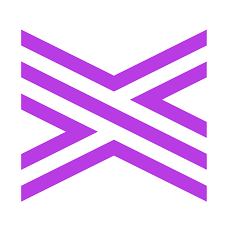Healthcare providers and businesses need payment processing solutions that cater to their unique needs. This involves compliance with regulations, seamless EHR and PMS integrations, and the ability to handle various payment methods, including government-issued debit cards like FSA and HSA.
In this article, I looked at the top healthcare payment processors and evaluated them based on their healthcare-specific tools, pricing, features, and user experience.
Based on my evaluation, here are the best healthcare payment processing providers for 2024:
- Chase: Best for healthcare integrations
- Square: Best for comprehensive business tools
- Stax: Best for large-volume healthcare transactions
- PaymentCloud: Best for telemedicine practice
- Podium Payments: Best for patient engagement and lead management
Best healthcare payment processing comparison
Our Score (out of 5)
Monthly Fee Starts At
Processing Fee Structure
EHR Integration

Chase
InstaMed, 40+ other integrations

Square
Remedly, DrChrono, ClinicSense, EZDerm

Stax
Interchange-plus
Aesthetics Record EMR, Psyquel, OptiMantra, DrChrono

PaymentCloud
Signed BAA
Not specified

Podium Payments
40+ integrations
What is HIPAA compliance?
HIPAA compliance ensures healthcare providers protect patient data privacy and secure electronic medical records. This involves using strong encryption, signing Business Associate Agreements (BAA), implementing strict access controls, and maintaining detailed audit trails to prevent data breaches and ensure the confidentiality and integrity of patient health information.
Overall Score
4.6/5
Healthcare-specific tools
5/5
Pricing and features
3.93/5
User experience
4.61/5
Pros
- Native integration with InstaMed
- Fully HIPAA-compliant
- Integrates with many EHR and PMS
Cons
- Possible tiered pricing with InstaMed
- Only for businesses in the US
- Does not support high-risk businesses
Why I chose Chase Payment Solutions
Chase Payment Solutions stands out for healthcare providers due to its robust integration capabilities and comprehensive compliance features. One of the key reasons for choosing Chase is its native integration with InstaMed, a leading healthcare payment processing platform that is fully HIPAA-compliant. This integration simplifies the connection with electronic health records (EHR) and patient management systems (PMS), ensuring secure and efficient transactions.
It supports various payment methods, including in-person card payments via Tap-to-Pay on iPhone, credit and debit cards, Apple Pay, and Google Pay. It also features same-day deposits, providing quick access to funds. The platform is PCI-DSS compliant and offers secure storage of patient card details for automatic payments. Additionally, Chase provides detailed reporting tools and 24/7 customer support.
While Square offers a versatile ecosystem with competitive pricing and extensive tools, Chase’s InstaMed integration specifically targets healthcare needs. Stax provides customizable solutions and transparent pricing, but Chase’s same-day deposit and easy EHR integrations offer a distinct advantage for healthcare providers. For those requiring high-risk merchant support, PaymentCloud might be more suitable, but Chase’s overall feature set makes it a top choice for secure and efficient healthcare payment processing.
Overall Score
4.57/5
Healthcare-specific tools
5/5
Pricing and features
4.29/5
User experience
4.18/5
Pros
- Fully HIPAA-compliant
- Robust omnichannel payment processing tools
- Free website builder
Cons
- Limited customer hours
- Account stability issues
- Expensive for high-volume transactions
Why I chose Square
Square is perfect for healthcare providers due to its full HIPAA compliance and versatile payment tools. It supports FSA/HSA debit cards, credit/debit cards, and ACH payments, providing patients with flexibility in terms of payment methods. The free website builder and virtual terminal save costs and simplify payment management.
It provides easy integration with various healthcare software like Noterro, DrChrono, and EZDERM, plus you can create custom solutions with API integration. Square is also PCI-DSS-compliant and its Risk Manager helps lower and manage fraud risk.
However, Square’s flat rate pricing can be expensive for high-volume transactions. Although it can offer custom rates for businesses transacting more than $250,000 a month, you will need to contact Square and negotiate for it. Limited customer support hours may be a drawback, but Square’s user-friendly tools and comprehensive features make it a top pick for many healthcare providers. It’s great for small to mid-sized practices, whereas Stax might be better for higher volumes.
Overall Score
4.33/5
Healthcare-specific tools
4.5/5
Pricing and features
3.93/5
User experience
4.55/5
Pros
- Interchange plus pricing
- 24/7 customer support
- Designed to handle high volume of transactions
Cons
- Monthly fees
- Expensive for low-volume businesses
- Only available for businesses in the US
Why I chose Stax
Stax is perfect for large-volume healthcare businesses because it handles high transaction volumes smoothly. Its transparent interchange-plus pricing means you know exactly what you’re paying, which is great for managing costs.
Stax integrates effortlessly with various EHR and EMR systems like Aesthetic Record EMR, Psyquel, and DrChrono, making it super convenient. It also supports a wide range of payment methods, including FSA/HSA debit cards, credit/debit cards, and ACH payments. Security is top-notch with PCI-DSS compliance, stored card payments, and automatic updates. Plus, their 24/7 customer support ensures you get help whenever you need it.
Compared to other providers, Stax’s edge is with its clear pricing, interchange-plus pricing structure, and high transaction capacity. While Square offers extensive tools, Stax’s focus on high-volume transactions and healthcare-specific integrations make it the better choice for big healthcare operations.
Overall Score
4.32/5
Healthcare-specific tools
5/5
Pricing and features
4.29/5
User experience
3.67/5
Pros
- Supports high-risk merchants
- Free card reader
- Tailored solutions
Cons
- No publicly disclosed pricing
- Longer approval times
- Additional fee for virtual terminal
Why I chose PaymentCloud
PaymentCloud is the only provider on this list offering support for high-risk businesses. Although most healthcare merchants are not in the high-risk category, telemedicine is still often considered a high–risk industry. If you run a telemedicine practice, PaymentCloud is a highly suitable healthcare payment solution.
Although it may have a slightly longer approval process than other providers, PaymentCloud has a very high 98% merchant approval rate. It can work with any payment gateway and tailor custom solutions based on your needs, which means it can work with almost any EHR, EMR, or PMS platform.
One of the best things about PaymentCloud is you will get a dedicated account manager to help you right from the start so you can rely on having a specific person to get in touch with if you need any support. Its focus on high-risk merchants also necessitates heavy emphasis on fraud prevention, which is provided through its strong fraud protection tools.
Overall Score
4.27/5
Healthcare-specific tools
5/5
Pricing and features
3.57/5
User experience
3.98/5
Pros
- Robust communication tools
- AI-powered lead management platform
- HIPAA-compliant
Cons
- Higher cost
- Limited customer support hours
- Added fee for premium fraud protection
Why I chose Podium Payments
Podium is unique compared to other providers on this list. It is the only one mainly designed for patient engagement and lead management. It uses Stripe as its embedded payment processor which converts its robust communication tools and AI-powered lead management tools into a platform that seamlessly combines patient interactions and payment processing.
Aside from its text-to-pay capability, Podium also has Tap-to-Pay on mobile so you can turn your mobile phone into your card reader. It also allows installment payments through Affirm.
Despite higher costs and limited support hours, Podium’s secure payment processing and comprehensive engagement tools make it a top choice for healthcare providers aiming to improve patient experience and manage leads efficiently. Compared to Square and Stax, Podium’s emphasis on patient engagement provides an added layer of value.
Choosing the best healthcare payment solution for your business
Selecting the right healthcare payment processor is crucial for ensuring smooth, secure, and efficient transactions. The best choice depends on your specific needs, such as the volume of transactions, required integrations, and budget. If seamless EHR and PMS integration is essential, Chase Payment Solutions, with its InstaMed integration, could be the perfect fit.
For comprehensive business tools and HIPAA compliance, Square stands out. Stax is ideal for large-volume transactions, while PaymentCloud caters to high-risk and telemedicine practices. Finally, Podium Payments is unparalleled in patient engagement and lead management. Consider these options carefully to find the solution that best supports your healthcare business needs.